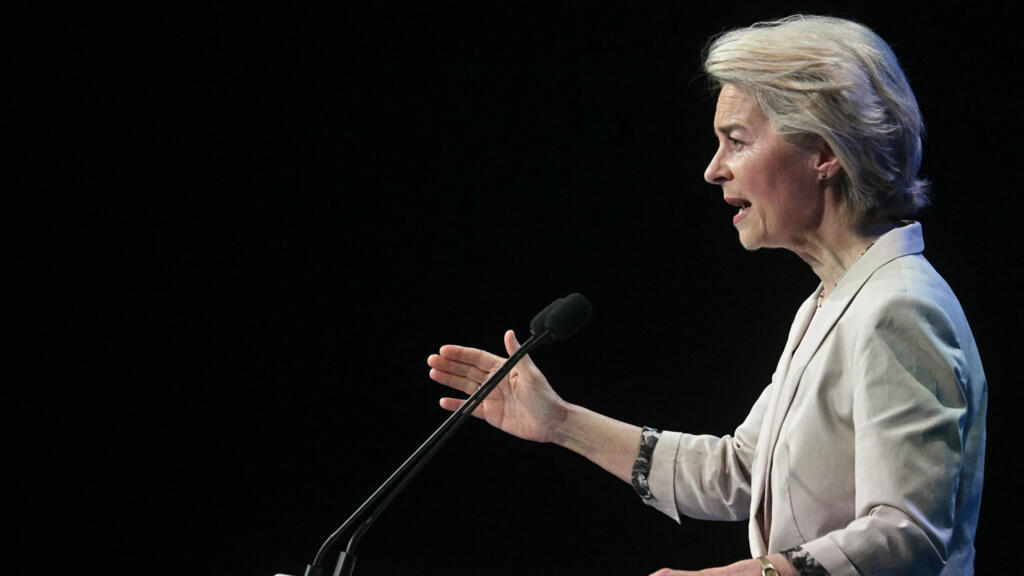European Commission Drafts Roadmap to Phase Out Russian Fossil Fuels by 2027
On Tuesday, the European Commission unveiled a comprehensive roadmap outlining its strategy to completely phase out Russian fossil fuels by 2027. This initiative emerges in the context of the ongoing geopolitical tensions following Russia's invasion of Ukraine, which have intensified the European Union's resolve to reduce its energy dependence on Russia. The initiative aims to enhance the EU's energy security and promote its transition towards more sustainable energy sources.
The proposed plan consists of a two-step approach. The first phase will involve the termination of all new contracts for Russian fossil fuel supplies and the cessation of existing short-term agreements by 2025. This immediate action is designed to curtail the EU’s reliance on Russian energy and drive member states towards alternative options and solutions in their energy procurement. The second phase will establish a complete ban on all Russian fossil fuel imports by 2027.
This strategic shift is a significant part of the EU's broader effort to diminish Russia's leverage over energy supplies, which has proven to be especially critical amid the ongoing conflict in Ukraine. The reliance on Russian oil, natural gas, and coal has long posed not only economic risks but also political vulnerabilities for EU member states. The decision to implement a full ban underscores the urgency felt by European leaders to secure energy independence and bolster their energy infrastructure against potential geopolitical shocks.
In recent months, the EU has taken several measures to reduce its fossil fuel imports by rallying internal support for renewable energy projects and diversifying its energy sources. The roadmap is expected to support these efforts by providing a clear timeline and framework for transition. Furthermore, the planned ban is seen as a rallying point for EU nations to invest more substantially in renewable energy solutions, such as wind and solar power, which have gained traction in the wake of rising energy prices and climate change considerations.
European Commission officials have emphasized the necessity of moving away from fossil fuels as part of the EU's long-term ambition for climate neutrality by 2050. The progress made towards this goal will not only involve phasing out Russian fossil fuels but also addressing the broader implications of energy security and sustainability across the continent. Member states are expected to collaborate and align their national energy policies with the EU's overall climate goals, paving the way for a more resilient and sustainable energy future.
As the international community watches the EU's actions closely, the new roadmap represents a pivotal moment in Europe's energy policy. Not only will it have immediate effects on the energy market and relationships with Russia, but it will also set a precedent for how the EU can respond to external pressures while adhering to its commitments towards climate goals. With the stakes incredibly high, the success of this plan will depend on how effectively EU member states can work together and mobilize resources to transition away from fossil fuel dependency in the coming years.












